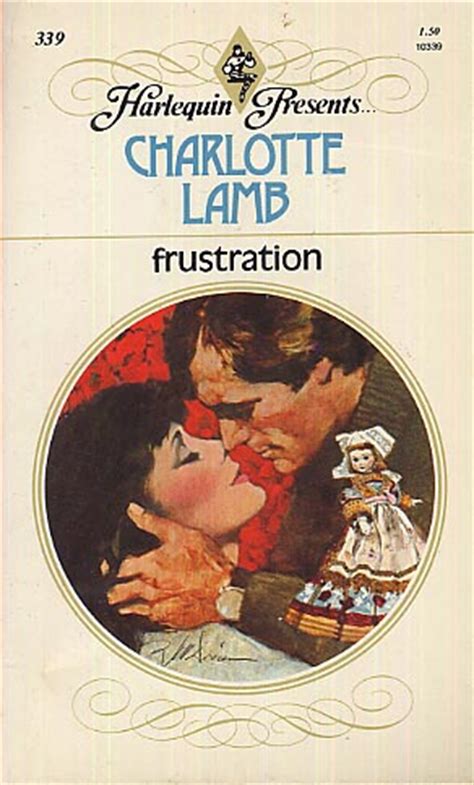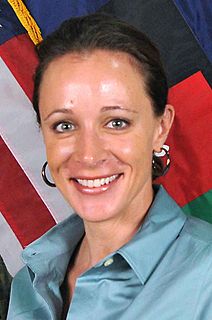A Quote by Ken Liu
The problems faced by writers of color are analogous to the problems face by women writers.
Related Quotes
The writers who have been serious about recreating American literature have always been far and few between. What we do have at the end of the 20th century that we didn't have at the beginning, at that time of the Lost Generation of rich white boys, is a mixture. We're now getting gay writers of color, let's say, and women of color being published. This is unprecedented.
Teaching and writing, really, they support and nourish each other, and they foster good thinking. Because when you show up in the classroom, you may have on the mantle of authority, but in fact, you're just a writer helping other writers think through their problems. Your experience with the problems you've tried to solve comes into play in how you try to teach them to solve their problems.
My favorite thing to do is rip the covers off a script when reading for writers to hire and make everybody read without names on the covers of the script. I can't tell you how many times my writers, women and men, will pick people of color and women much more often than they would with a cover on the script.
If you look at most womens writing, women writers will describe women differently from the way male writers describe women. The details that go into a woman writers description of a female character are, perhaps, a little more judgmental. Theyre looking for certain things, because they know what women do to look a certain way.





































